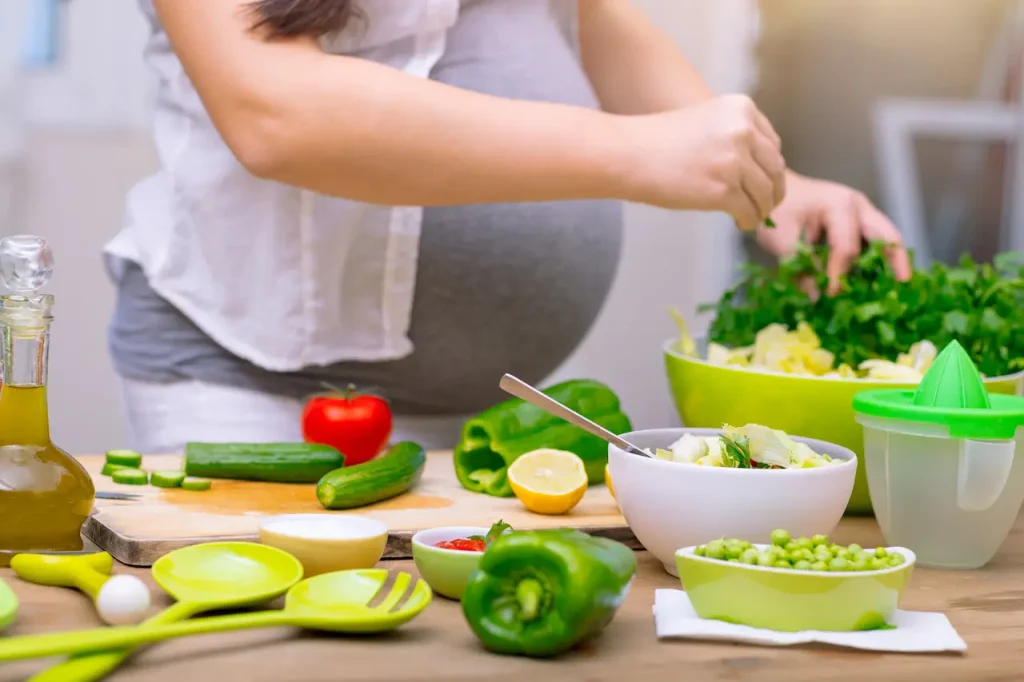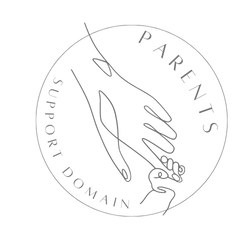Tips For A Healthy Pregnancy
5 Tips For A Healthy Pregnancy
As women, we all want the best for our baby and hope for a smooth and trouble-free pregnancy. Despite our best intentions, bumps can happen along the way, and we don’t mean from the bub! To make sure we are doing everything right, here are some tips for a healthy pregnancy – as well as tips to make sure mum is well looked after, too!

Eating right – for two
A healthy, diverse diet full of fresh fruits and vegetables will help you prepare for pregnancy and start a family. You should focus on high calcium dairy, whole grains, legumes for protein and fibre, and eggs for choline. Broccoli and other leafy greens are high in pregnancy-supporting folate (folic acid) and vitamins.
When you find out you are pregnant, you should begin supplementing your diet with micronutrients that support pregnancy. DHA and choline supplements are recommended, as well as multivitamins with high amounts of folate. You should also consider pre- or pro-biotics to maintain gut health. During this time, you should keep up your exercise routine as much as possible or start one with other mums to be!
Cutting back (or eliminating) vices
It’s crucial that you abstain from drinking alcohol and smoking of any kind during pregnancy and right through breastfeeding to eliminate the risk of birth defects.
Doctors also recommend cutting back on caffeine, limiting yourself to 200mg per day (roughly two shots of espresso.) Though cravings for sugar and other fatty foods may appear, try to succumb to these in moderation – nutrition and health is the key to a healthy pregnancy.
Maternity leave and entitlements
As part of your planning, check your maternity leave entitlements at work as well as any government financial benefits you might be eligible for. This way you can figure out how much time you can have off with your baby before returning to work. There’s much more information at the Department of Human Services.
Looking after your mental health
Though your body is a temple for bub, your mind may be swirling with emotions, worries, and stress. Reducing stress is crucial to a healthy pregnancy, so taking time to meditate, talk to friends (exclusion from your usual events and groups can often take a toll) and enlisting the help of a new mothers’ group or counsellor can help guide you through with empathy and compassion.
Getting the right health cover
Before becoming pregnant, you must get private hospital insurance or update your existing coverage to cover obstetrics in a private hospital and with a private obstetrician. According to the Commonwealth Ombudsman, health funds may impose a 12 month waiting period before policies that cover obstetrics will become available to you. If you are planning a family, you should take out health cover well in advance to ensure you gain access to relevant pregnancy and support services when you find out you are pregnant.
It’s All About Balance
A balanced, healthy diet should include a variety of foods that are nutritious from all five food groups. Drinking plenty of water is also recommended to keep hydrated.
- Wholegrains & Cereals
- Vegetables, legumes and beans
- Lean meats, poultry, eggs, fish, tofu and nuts/seeds, as well as beans/lens.
- Fruit
- Dairy products, including milk and cheese (mostly reduced-fat), yoghurt, and cheese
We all have good days and bad days. This can be made more difficult by pregnancy cravings, particularly when the foods are high in salt, sugar or fat.
It is important that you eat as much as you can when you have morning nausea or vomiting severe during pregnancy. If you’re concerned, you should speak to your doctor or midwife.
What About Pregnancy Cravings
pregnancy cravings used to be a sign that a mother’s diet was lacking in nutrients. However, this is not supported by any evidence. Foods that were once appealing to a woman can change in taste during pregnancy. Food aversions may develop during pregnancy due to hormonal influences.
What foods should I avoid when pregnant?
Some foods should be avoided during pregnancy due to the risk that they may contain bacteria or parasites. A pregnancy infection of listeria or Salmonella can lead to serious complications for your baby. It also increases the risk of miscarriage.
Some fish, such as orange roughy, catfish, broadbill/swordfish or marlin, contain high levels mercury. It is important to be selective when choosing the type of fish you eat during pregnancy.
Check the ‘use-by date, and make sure food is stored properly. When in doubt, it’s best to avoid a food.
By following a few simple steps, you can have an enjoyable pregnancy and journey towards motherhood!



